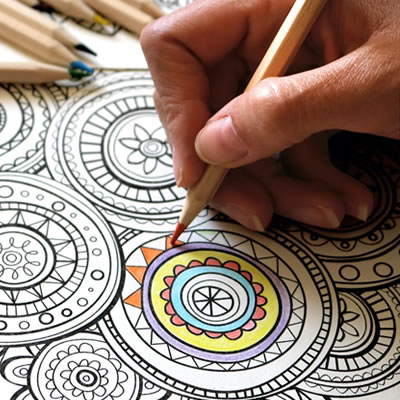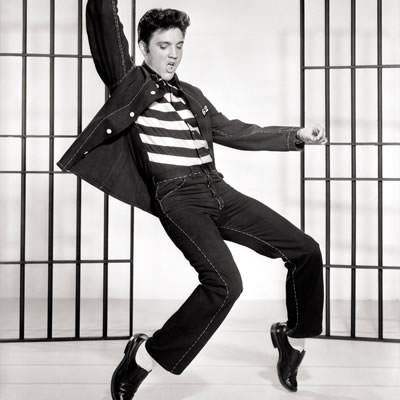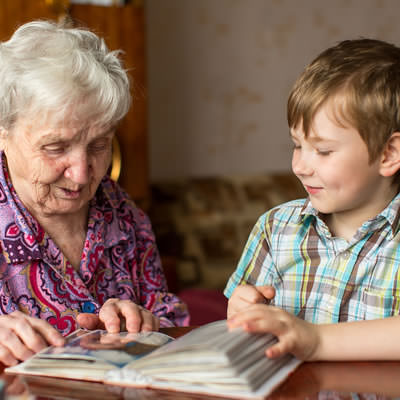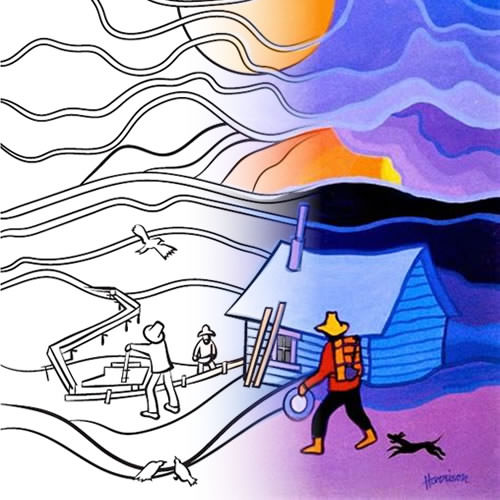Activities for Seniors
Save time with 1000s of activity ideas & helpful resources. Plan and implement activity programs that are stimulating, relevant, and suit a wide range of needs and interests.
New here? Try the Free Activities
All
71
Focused Activities
11
Arts, Craft, Hobbies
12
Games & Trivia
18
Multicultural
56
Resources
9
Tags
6
 What's New
What's New
 Quiz
Quiz
 Articles
Articles
 Alzheimer's & Dementia
Alzheimer's & Dementia
 Games
Games
 Reminiscing
Reminiscing
 Word Games
Word Games
 Trivia
Trivia
 Craft
Craft
 Word Search
Word Search
 Music
Music
 Short Stories
Short Stories
 Coloring
Coloring
 Coronavirus: Covid-19
Coronavirus: Covid-19
 Riddles
Riddles
 Australia
Australia
 For Men
For Men
 Multicultural
Multicultural
 Forms & Templates
Forms & Templates
 Jokes
Jokes
 Exercise
Exercise
 Sensory
Sensory
 Theme Days
Theme Days
 Bingo
Bingo
 This Day in History
This Day in History
 Poetry
Poetry
 Crosswords
Crosswords
 Armchair Travel
Armchair Travel
 USA
USA
 Who Am I
Who Am I
 One-on-One
One-on-One
 Ireland
Ireland
 England
England
 Intergenerational
Intergenerational
 Cooking
Cooking
 New Zealand
New Zealand
 Posters
Posters
 Spot the Differences
Spot the Differences
 Care Plans
Care Plans
 Agricultural Festivals
Agricultural Festivals
 China
China
 Artist Impressions
Artist Impressions
 Math
Math
 Hobby Clubs
Hobby Clubs
 Italy
Italy
 DIY Activities
DIY Activities
 France
France
 Word Ladders
Word Ladders
 Outdoor
Outdoor
 Gift Ideas
Gift Ideas
 Powerpoint
Powerpoint
 Member Activities
Member Activities
 Germany
Germany
 Mexico
Mexico
 Canada
Canada
 Aromatherapy
Aromatherapy
 Card Games
Card Games
 Dice Games
Dice Games
 Volunteering
Volunteering
 Balloon Games
Balloon Games
 Brazil
Brazil
 Day Trips
Day Trips
 Scavenger Hunts
Scavenger Hunts
 India
India
 Greece
Greece
 Spain
Spain
 Audience Participation Stories
Audience Participation Stories
 Wales
Wales
 Pantomimes
Pantomimes
 Pet Therapy
Pet Therapy
 Scotland
Scotland
 Birthdays
Birthdays
 Japan
Japan
 Egypt
Egypt
 South Africa
South Africa
 Poland
Poland
 Netherlands
Netherlands
 Calendar
Calendar
 Portugal
Portugal
 Philippines
Philippines
 Thailand
Thailand
 Alaska
Alaska
 Vietnam
Vietnam
 Turkey
Turkey
 Croatia
Croatia
 Fiji
Fiji
 Ukraine
Ukraine
 Argentina
Argentina
 Norway
Norway
 Switzerland
Switzerland
 New Orleans
New Orleans
 Romania
Romania
 Morocco
Morocco
 Madagascar
Madagascar
 Indonesia
Indonesia
 Finland
Finland
 Israel
Israel
 Peru
Peru
 Iceland
Iceland
 Austria
Austria
 Sri Lanka
Sri Lanka
 Sweden
Sweden
 Nepal
Nepal
 Chile
Chile
 Colombia
Colombia
 Singapore
Singapore
 Denmark
Denmark
 Video
Video
 Most Popular
Most Popular
 Jamaica
Jamaica
 Taiwan
Taiwan
